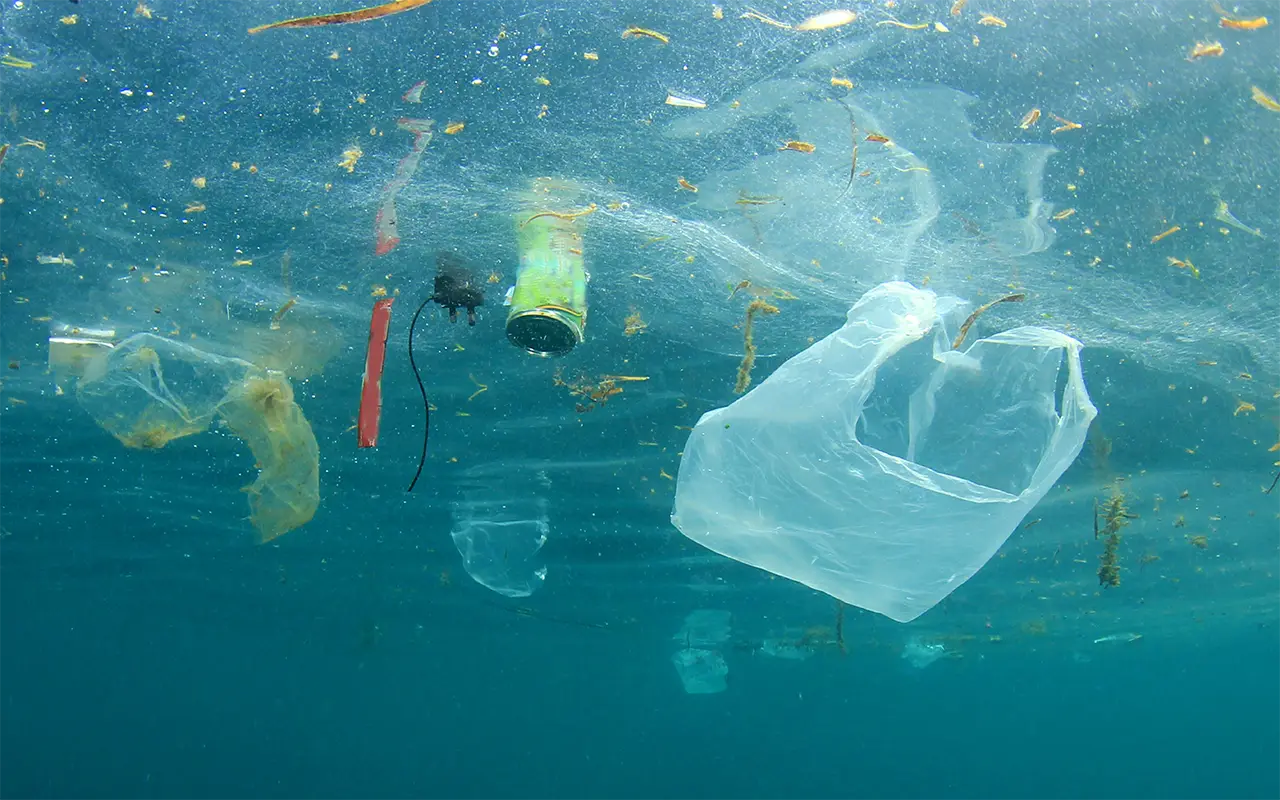As part of the environmental policy of the Panamanian Government, Law 187 of 2020 “regulating the reduction and progressive replacement of single-use plastics” (from now on “Law 187”), was issued, regulated by Executive Decree No. 9 of 2022, to promote and incentivize the sustainable development of the country through the reduction and progressive replacement of products made with single-use plastic.
Law 187 defines a single-use plastic product as one that is conceived, designed, or placed on the market to be used only once and made entirely or partially of plastic. The products that the law seeks to eliminate are: plastic ear swabs, plastic laundry covers, plastic egg packaging, disposable plastic stirrers, plastic balloon holders, plastic toothpicks, plastic straws, plastic cocktail sticks, plastic candy sticks, can rings, and disposable plastic plates.
To achieve the reduction and replacement objectives promoted by Law 187, all actors in the production, consumption, and disposal cycle (which includes importers, distributors, merchants, consumers, and any waste manager) are required to adopt the following measures:
- Educate through awareness and communication programs on the consumption and marketing of single-use plastic products to individuals, merchants, and their employees to favor the consumption of alternatives with less environmental impact, reuse, and recycling.
- Encourage individuals and businesses to acquire, promote and consume alternatives with less environmental impact for daily use, as well as reuse and recycle, including items manufactured with recycled raw materials.
- Gradually eliminate the purchase of single-use plastic products and packaging.
Encourage individuals, businesses, and suppliers to assume their shared responsibility for waste disposal generated by product consumption, packaging, items, and single-use plastic packaging. - Facilitate public institutions assume their responsibility of gradually eliminating the purchase and consumption of single-use plastic products, as well as carrying out awareness, diffusion and education campaigns regarding the substitution of the production and purchase of such products in favor of other renewable and sustainable alternatives, for which they must allocate the necessary funds for implementing such measures.
Progressive replacement of single-use plastic products
Law 187 also provides for the control of the demand and consumption of single-use plastic products. It establishes that such products must be progressively replaced by others manufactured with reusable, recyclable, and biodegradable materials.
To comply with the progressive replacement described above, the following prohibitions are established in relation to single-use plastic products:
- As of July 1, 2021, the general use and merchandising of plastic ear swabs, plastic laundry covers, plastic balloon holders, plastic toothpicks, plastic cocktail sticks, plastic candy sticks, and can rings is prohibited.
- As of July 1, 2022, the general use and merchandising of plastic egg packaging, disposable plastic stirrers, and disposable plastic plates is prohibited.
- As of December 31, 2023, the general use and merchandising of plastic straws is prohibited.
In this regard, plastic straws that must be used for the provision of medical services and care of patients with chronic, involutive, degenerative, or rare diseases and individuals with disabilities and the elderly would be exempted from the use and merchandising prohibitions described above, since such plastic straws can only be acquired in pharmacies and medical supply establishments with the respective medical prescription.
Oversight and Sanctions
The oversight of the enforcement of the provisions of Law 187 corresponds to different public institutions, being that, in relation to the use and merchandising prohibition of single-use plastic products referred to above, the National Customs Authority (Autoridad Nacional de Aduanas) shall restrict the entry of such products, and the Consumer Protection and Competition Authority (Autoridad de Protección al Consumidor y Defensa de la Competencia) will ensure that they are prevented from being commercialized.
The Ministry of Health, on its part, should ensure enforcement of the reduction measures to be applied by those engaged in commercial activities. The Ministry of the Environment should develop, update, and oversee the implementation of a National Strategic Plan for Single-Use Plastic Reduction.
As for sanctions, written warnings and monetary fines are established for the breach of the obligations set in Law 187, particularly for those who use and merchandise single-use plastic products in violation of the use and merchandising prohibitions in connection with the dates of entry into force of such prohibitions described above.
Anel Roach
Attorney in Alcogal
Read more articles here

